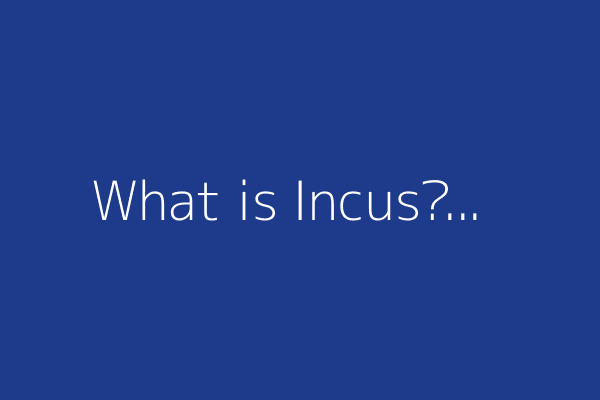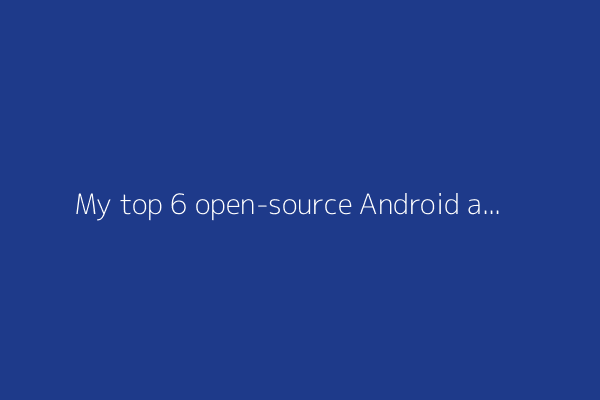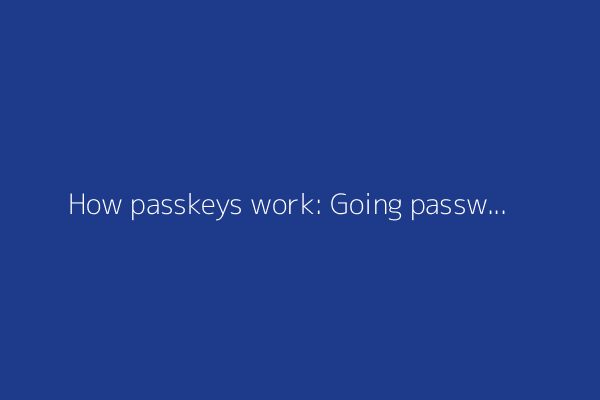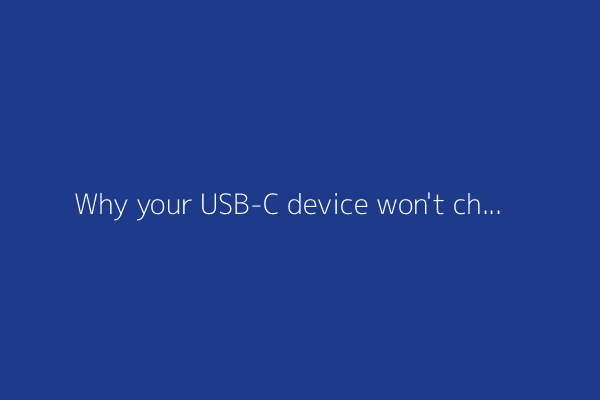See what’s trending right now
Tech Newsin Technology
2 hours agoMotorola's Razr Ultra challenges Samsung's Galaxy Z Flip 7 in the foldable market, while open-source Android apps gain traction, highlighting tech innovation and user choice. Incus remains a topic of interest.
Show me
Technology
Yes, Motorola's $1,300 Razr Ultra competes with the Galaxy Z Flip 7 (and not just in price)
positiveTechnology
Motorola's new Razr Ultra isn't just another pricey foldable—it's going head-to-head with Samsung's Galaxy Z Flip 7 with clever design tweaks that push the boundaries of what these compact flip phones can do. Think of it as a high-stakes tech duel where Motorola's playing to win, not just match specs.
Editor’s Note: Foldables are still finding their footing in the mainstream, and Motorola's latest move proves the competition is heating up. For consumers, that means more innovation (and hopefully better prices down the line). If you've been waiting for a reason to ditch your slab phone, this rivalry might just tip the scales.
What is Incus?
neutralTechnology
Incus is a new open-source container and virtual machine manager that's forked from LXD (a popular Linux container hypervisor). The project emerged after Canonical, LXD's parent company, shifted its focus to Snap packages, leaving some users wanting a more community-driven alternative. Incus aims to maintain LXD's functionality while being fully independent—think of it as a fresh start for those who relied on LXD but want to avoid corporate influence.
Editor’s Note: This matters because open-source tools like LXD are often at the mercy of their corporate backers. When priorities shift (like Canonical’s move toward Snaps), users can get stuck with unwanted changes or abandoned features. Incus represents a community pushback—a way to keep the project alive without corporate strings attached. If you're into DevOps or containerization, it’s worth keeping an eye on.
My top 6 open-source Android apps from the Google Play Store - and why that's important
positiveTechnology
A tech enthusiast shares their handpicked selection of six open-source Android apps available on the Google Play Store, highlighting why these free and transparent alternatives matter in an era of data privacy concerns and corporate-controlled software.
Editor’s Note: Open-source apps give users more control over their data and devices, often with fewer hidden trackers or shady permissions. This piece isn’t just a list—it’s a nudge toward more ethical, community-driven tech choices. If you’ve ever wondered whether there’s a better way than relying on big-name apps, this is your starting point.
No-fly zone: what brought about China’s largest power bank scandal
negativeTechnology
Chinese power banks—those handy portable chargers we all rely on—are facing major backlash after multiple defective units burst into flames mid-flight. The government quickly stepped in, banning passengers from bringing sketchy power banks on planes starting June 28. Now, manufacturers are under the microscope as travelers and regulators demand safer products.
Editor’s Note: This isn’t just about a few faulty gadgets—it’s a serious safety risk that could put lives at risk thousands of feet in the air. The crackdown highlights bigger issues with quality control in China’s massive electronics market, and it’s a wake-up call for both manufacturers and travelers to take battery safety seriously. If you’ve ever tossed a power bank into your carry-on without a second thought, this story might make you rethink that habit.
How passkeys work: Going passwordless with public key cryptography
positiveTechnology
Passwords are a pain—they’re easy to forget, hard to manage, and a favorite target for hackers. This piece breaks down how "passkeys" (a new login method) ditch traditional passwords entirely by using public key cryptography. Instead of sharing a secret (like a password), your device and the service you’re logging into exchange mathematically linked keys—one public, one private. No more reused passwords or phishing risks. It’s like a digital handshake that only works if both sides have the right credentials.
Editor’s Note: If you’ve ever groaned at resetting a forgotten password or panicked about a data breach, this matters. Passkeys could make logging in faster, simpler, and far more secure. Big tech players (Apple, Google, etc.) are already rolling them out, so this isn’t just theory—it’s the likely future of how we access everything online. Less hassle, fewer hacks. Win-win.
HDD Clicker generates HDD clicking sounds, based on HDD Led activity
neutralTechnology
Someone built a quirky little tool called "HDD Clicker" that mimics the nostalgic sound of a hard drive clicking—but it syncs the noise to your actual HDD activity light. It’s a playful nod to the era when you could audibly hear your computer working, unlike today’s silent SSDs. The project sparked a mix of amusement and nostalgia in tech circles.
Editor’s Note: This isn’t groundbreaking tech, but it’s a fun, nostalgic hack that resonates with anyone who remembers the soundscape of older computers. It’s a lighthearted reminder of how much hardware has changed—and how even the quirks we once found annoying can become oddly charming in hindsight.
Why your USB-C device won't charge - and what you can do instead
neutralTechnology
If you've ever plugged a USB-C cable into your device only to find it stubbornly refuses to charge, you're not alone. This article breaks down the frustrating quirks of USB-C—like incompatible cables, finicky ports, or power delivery mismatches—and offers practical fixes, from checking your cable specs to resetting your device.
Editor’s Note: USB-C was supposed to simplify charging, but real-world hiccups can leave you scrambling for a solution. This matters because these tiny annoyances add up—whether you're stuck with a dead phone before a meeting or a laptop that won’t power up mid-project. Knowing the fixes saves time (and sanity).
FCC Greenlights T-Mobile’s $4.4 Billion US Cellular Acquisition
neutralTechnology
The FCC just gave T-Mobile the thumbs-up to gobble up a big chunk of US Cellular—including parts of its wireless business and network infrastructure—for a cool $4.4 billion. This move could shake up the mobile carrier landscape, especially in rural areas where US Cellular has a strong presence.
Editor’s Note: If you're a T-Mobile or US Cellular customer, this deal might eventually mean better coverage (or, let’s be real, maybe just fewer choices). For the industry, it’s another sign of consolidation as bigger players snap up smaller ones to compete. Not a shocker, but definitely a big deal for rural connectivity and market competition.
The Next Apple Watch Series 11 Might Not Come Alone
positiveTechnology
Apple might shake up its smartwatch lineup this fall with not one, but three new models—including potential design tweaks and advanced health tracking tools. While the Series 11 is expected, whispers suggest Apple could debut fresh variants (maybe a rugged "Explorer" edition or a budget-friendly option) to compete in a crowded wearables market.
Why World Pulse Now?
Global Coverage
All major sources, one page
Emotional Lens
Feel the mood behind headlines
Trending Topics
Know what’s trending, globally
Read Less, Know More
Get summaries. Save time
Stay informed, save time
Learn moreLive Stats
Articles Processed
7,391
Trending Topics
120
Sources Monitored
211
Last Updated
an hour ago
Live data processing
How it works1-Minute Daily Briefing
Stay sharp in 60 seconds. Get concise summaries of today’s biggest stories — markets, tech, sports, and more
Why World Pulse Now?
Global Coverage
All major sources, one page
Emotional Lens
Feel the mood behind headlines
Trending Topics
Know what’s trending, globally
Read Less, Know More
Get summaries. Save time
Stay informed, save time
Learn moreLive Stats
Articles Processed
7,391
Trending Topics
120
Sources Monitored
211
Last Updated
an hour ago
Live data processing
How it works1-Minute Daily Briefing
Stay sharp in 60 seconds. Get concise summaries of today’s biggest stories — markets, tech, sports, and more








